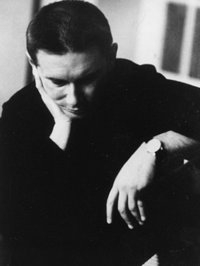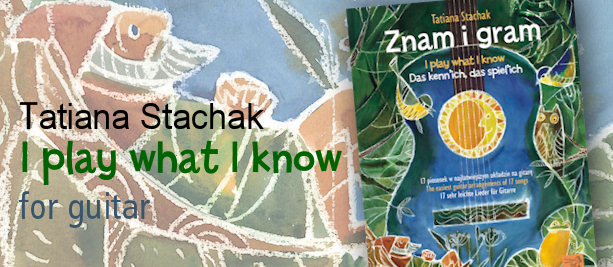
Composer, educator, active member of the music
world. Baird studied composition under Bolesław Woytowicz and
Kazimierz Sikorski, during the time of Poland’s occupation. In the
years 1947-51 he continued his studies at the State Higher School of
Music in Warszawa [Warsaw] under Piotr Rytel and Piotr Perkowski. He
was also a student in the piano class of Tadeusz Wituski and of
Musicology at the University of Warsaw.
His first works referenced
the neoclassical trend: he composed symphonies, suites, sonatas,
overtures (including his Colas Breugnon suite
– 1952, and Sonety miłosne [Love
Sonnets] –
1956). He was one of the pioneers of dodecaphony in Polish
music, which he introduced into his compositions from 1955.
Baird –
known as “The last Polish romantic” – had a style characterised
by profound lyricism, expressiveness, and frequent use of archaising
melodic phrases which bespeak a relationship with the musical
traditions of the Renaissance, Baroque and Romanticism. Among the
best-known of his works are Cassazione per
orchestra (1956), Cztery eseje [Four
Essays] for orchestra (1958), Egzorta
[Homily] for reciting voice, choir and orchestra (to Old Hebrew
texts, 1960), Concerto lugubre for viola and
orchestra (1975), and Głosy z oddali
[Voices from Afar] to the words of Jarosław Iwaszkiewicz (1981).
Baird was a member of the Polish Composers’ Union, and one of the
originators (along with Kazimierz Serocki) of the Warszawska
Jesień
[Warsaw Autumn] International Festival of Contemporary
Music, which first took place in 1956.
He also wrote music for 20
films, including Andrzej Wajda’s Lotna (1959)
and Samson (1961) – here he used material
from his Second Symphony, Wojciech Jerzy
Has’ Pętla [The
Noose] (1958) and Kazimierz Kutz’s Ludzie
z pociągu [Night Train] (1961).
author’s orchestral materials
list of authors










